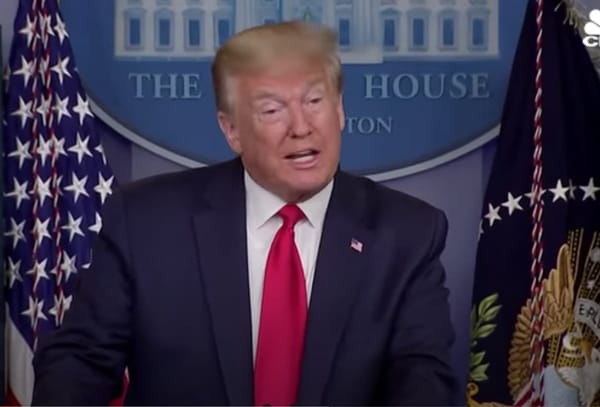Five Questions for James Bopp Jr.;Lawyer Who Undermined Roe v. Wade Until It Fell

James Bopp Jr. has served as General Counsel of the National Right to Life Committee since 1978. He was a major strategist in attacking the legal foundations of Roe v. Wade, the 1973 U.S. Supreme Court decision that legalized abortion nationwide, until it was overturned in June 2022. He has also drafted legislation for state legislatures interested in restricting abortion.
As founder of The Bopp Law Firm, of Terre Haute, Indiana, Mr. Bopp has represented conservative causes in many legal cases. Among others, he drafted the original complaint in the 2010 U.S. Supreme Court case Citizens United v. Federal Elections Commission, which resulted in corporations and unions being allowed to make independent expenditures for political campaigns.

